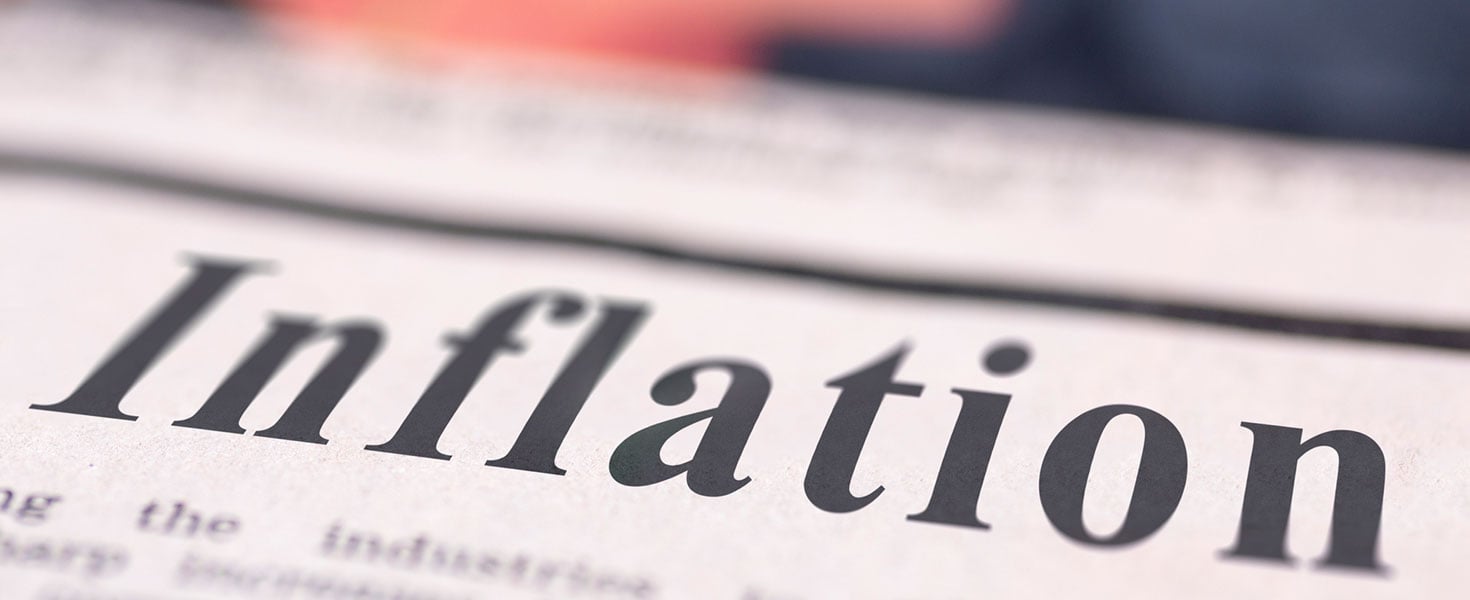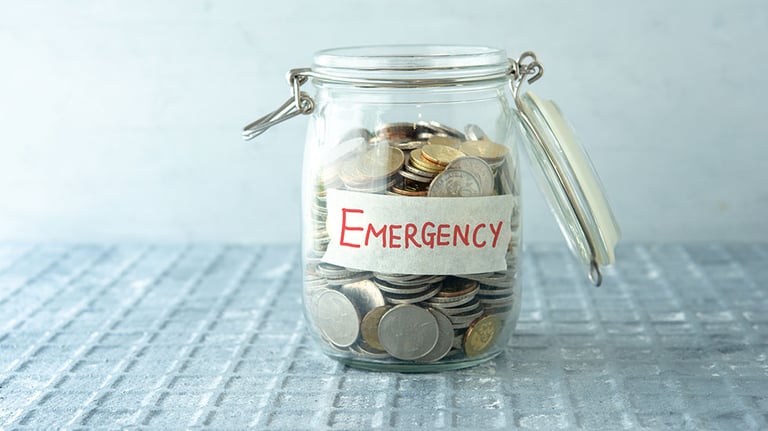What Inflation Is And Why It Matters
Strategies for your financial goals


You’re probably familiar with the phrase, “this is more expensive than it used to be.” We say it during shopping trips to the grocery store and while scouring the internet for better deals. But why do we say that? What we notice are price hikes. They may be small between this year and the previous one or very large and noticeable. These price differences that we notice over time are often a result of inflation.
While there is not much you can do to stop inflation, it’s important to understand it. That way, you can better protect your finances whenever the economy experiences an increase.

What is inflation?
To put it plainly, inflation is the increase in prices for services and goods. While it doesn’t sound like a good thing, it’s not always bad. Some inflation is healthy; increases around 2% annually are expected. The more dangerous type of inflation (or deflation) for the economy is when you see prices climb or fall extremely quickly.
We measure inflation according to a price index. The goal of this is to monitor and manage inflation by tracking changes in prices over time. Some of the most common price indices include the Consumer Price Index (CPI), the Gross Domestic Product (GDP) Price Index, the Personal Consumption Expenditures (PCE) Price Index, and the Producer Price Index (PPI).
Some indices measure price changes broadly across the economy. Others focus more narrowly and monitor fluctuations in prices on specific goods or in targeted geographic areas.

What causes inflation
A few different things can lead to inflation. For example, imagine a product you like. Something could happen that makes it harder to produce that good, such as a global event. That event raises production costs, and, ultimately, how much it costs for you. Or there may be too much money for the size of the economy. In that case, you may see a similar stress on the production of goods and services. Both of these concepts showcase a type of inflation called demand-pull inflation.
Alternatively, there is cost-push inflation. In this, resources, called inputs, used in manufacturing and creating goods and services, take a hit. Because it takes more to make the good, it takes more for you to buy it.
While these are the main two cases, it’s also possible for consumers and anyone who interacts with the economy to drive inflation. If people start investing or negotiating contracts based on future estimated inflation, then that can lead to actual inflation.

How does inflation impact consumers like me?
Changing prices may lead to a domino effect across the economy, impacting businesses and consumers like you. For example, inflation can lead to lower purchasing power. That essentially means the value of your money shrinks when inflation grows.
As a result, you may have trouble buying the same products you did before since they’ll be more costly. Your wages and savings can also take a hit since they experience devaluation during inflation as well. Generally, this leads to the cost of living increasing.
When people know inflation, or deflation, is in full swing, they may become insecure. You’re not really sure where it’ll hit next. So, fewer people buy things or interact with the economy, which causes stagnation.

What can I do to protect myself against the impacts of inflation?
There are a few things you can do to defend yourself against the hit of inflation. Most of them depend on strengthening yourself financially. Here are some options you can consider:
- Work on your emergency fund (equal to at least 3 to 6 months of expenses)
- Keep investing in equities on the stock market
- Revisit any debts you owe (compare interest rates to the value of your money)
